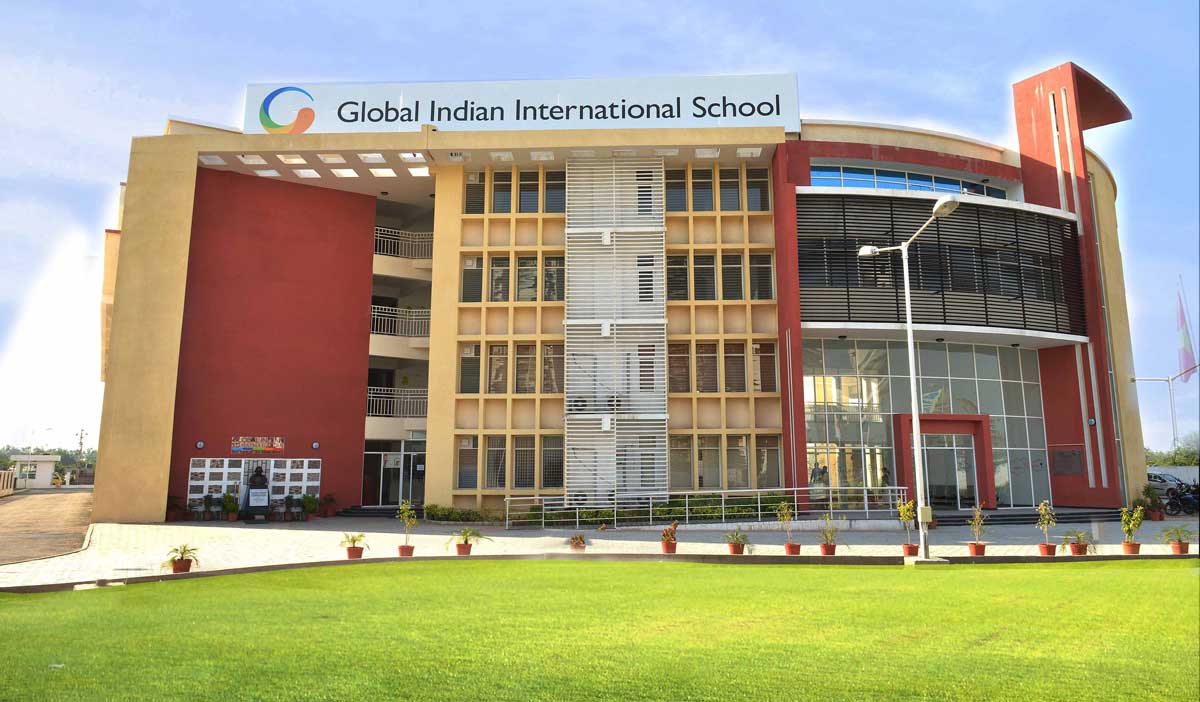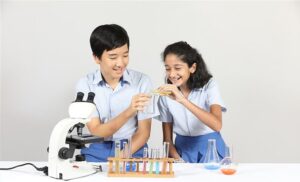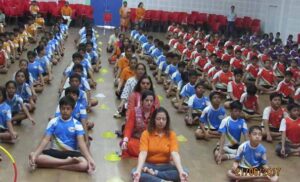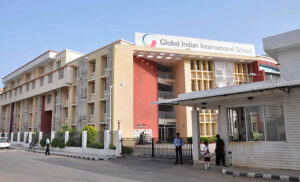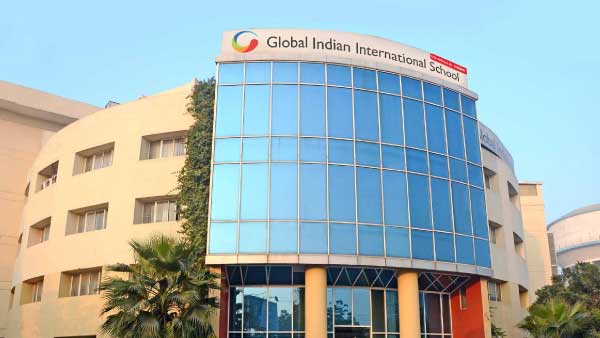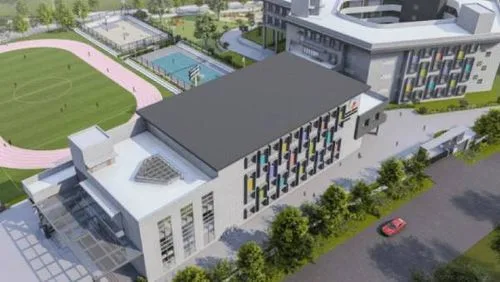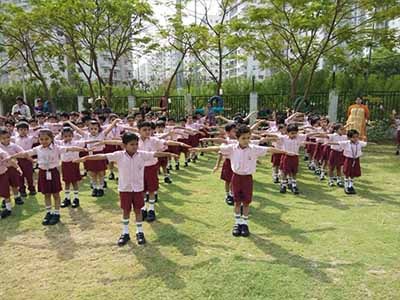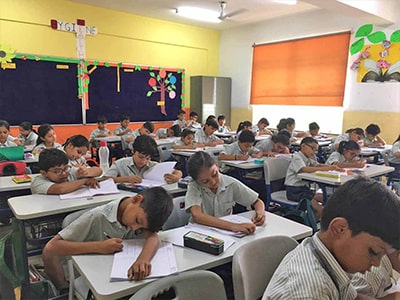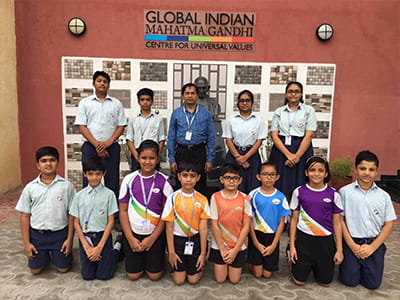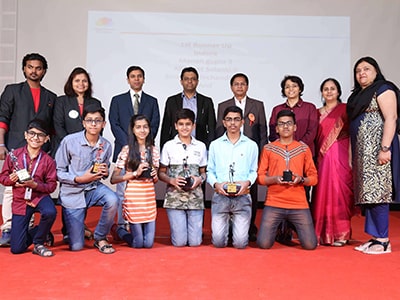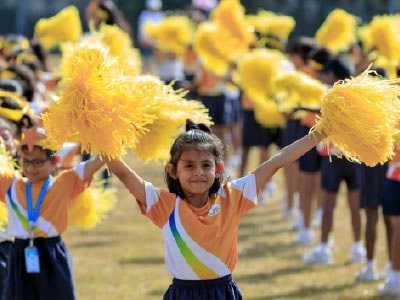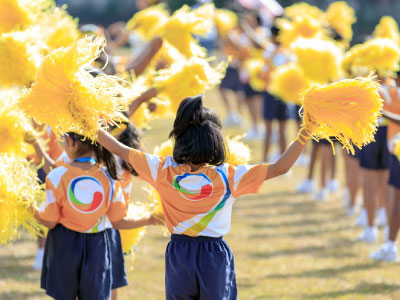Introduction
Critical thinking skills and the ability to solve complex problems are indispensable for students in today’s rapidly evolving world. Recognizing this need, the Central Board of Secondary Education (CBSE) in India has made conscious efforts to integrate strategies that foster critical thinking and problem-solving capabilities within its holistic curriculum. CBSE schools emphasize conceptual learning over rote memorization and encourage interdisciplinary and project-based approaches that equip students with higher-order thinking and creative solving skills with CBSE education. This article delves deeper into how the CBSE curriculum and pedagogy aid in developing critical thinking.
Understanding Critical Thinking and Problem-Solving
To comprehend how CBSE nurtures critical thinking and problem-solving abilities, it is imperative to understand these concepts. Critical thinking refers to carefully analyzing and evaluating information to form logical conclusions and make informed judgments. It involves questioning assumptions, assessing evidence objectively, and recognizing different viewpoints.
Problem-solving, on the other hand, refers to the cognitive process of identifying and diagnosing problems systematically before devising and implementing creative solutions. Both these skills are interlinked as critical thinking serves as the foundation for effective problem identification and resolution. In today’s VUCA world, possessing these meta-cognitive skills is essential to tackle uncertainty and complex challenges.
Integration of Critical Thinking and Problem-Solving in CBSE Curriculum
CBSE has strategically incorporated critical thinking and problem-solving throughout its curriculum. Their holistic approach goes beyond rote learning and focuses on conceptual understanding. Interdisciplinary learning encourages students to draw from multiple domains and approach problems from varied perspectives. Moreover, CBSE conducts project-based modules where students work on real-world problems requiring research, analysis, and innovative solutions.
Regular exercises evaluate critical reasoning abilities and the aptitude to question norms. Competitive exams like NEET and JEE also assess one’s capability to apply conceptual knowledge to solve multifaceted issues creatively. This multi-dimensional strategy mirrors real-life scenarios and effectively imparts higher-order cognitive skills.
Strategies for Developing Critical Thinking and Problem-Solving Skills
CBSE schools leverage diverse, active techniques to strengthen these Meta-cognitive proficiencies.
- Case studies present contextual dilemmas for identifying issues and solution-formulating critically.
- Project-based modules involve long-term investigations promoting collaboration, information synthesis, and out-of-the-box problem-solving.
- Debates strengthen research, articulate speaking, and logistical argument building.
- Role-plays allow perspective-taking and creative problem navigation.
Additionally, educational technology is leveraged via simulations, interactive modules, and digital assessments to generate multisensory engagement and hands-on understanding. Peer learning is also encouraged through group activities, which foster open discussions and appreciation of multiple viewpoints. These experiential strategies establish connections between theory and practical application.
Assessing Critical Thinking and Problem-Solving Skills
CBSE opts for a holistic evaluation approach focusing on higher-order evaluation rather than mere information reiteration. Formative feedback is provided through observations, discussions, and reviews to aid meta-cognitive development. Summative assessments comprise open-ended, multifaceted questions necessitating thorough understanding. Project and assignment rubrics evaluate the critical thinking process demonstrated through research, analysis, conclusions, and innovative solutions.
Competitive exams assess one’s capability to dissect complex, real-world problems logically and form well-reasoned responses under time constraints. Internal examinations are also regularly revised to incorporate more applied, analytical questions aligned with the problem-oriented philosophy. This multifaceted evaluation philosophy authentically gauges higher-order competencies.
Impact on Students
The concerted emphasis on cultivating critical thinking abilities and problem-solving proficiencies has significantly benefited CBSE students. It has helped enhance their analytical, logical, and evaluative reasoning powers. Exposure to diverse perspectives via interdisciplinary learning and debates has augmented informed decision-making skills. Experiential, hands-on projects and assessments have boosted innovative, out-of-the-box thinking.
Regular feedback and emphasis on the thinking process rather than answers alone have improved self-awareness and empowered independent learning. Overall, it has built multifaceted learner confidence and competitiveness for the challenges ahead. Most importantly, it has readied CBSE graduates with the mindset flexibility and solution orientation essential for thriving in VUCA times.
Conclusion
In this dynamic era of constant flux, critical thinking skills and creative problem-solving abilities are indispensable. By thoughtfully interweaving these competencies through its holistic curriculum, pedagogy, and inclusive evaluation model, CBSE has admirably risen to this imperative. It has expertly designed a learning framework that leverages diverse hands-on strategies and technology to foster higher-order cognition authentically.
The aforementioned multi-dimensional approach aligned with real-world application ultimately nurtures students with a self-reliant, lifelong, analytical problem-solving spirit. This ensures CBSE graduates are well-equipped not just with academic prowess but also the meta-cognitive flexibility needed to impact society innovatively as empowered global citizens of the future.
